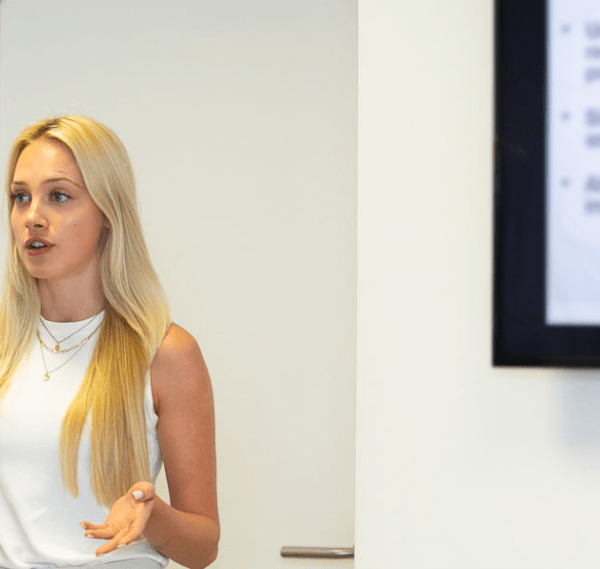Predicted Results Do Not Match University Entrance Requirements: What to Do?
Applying for a university course with higher entry requirements than you predicted can be challenging, but not impossible. There are still steps you can take to address this situation and potentially improve your chances of being admitted.
- Research the Program: Ensure you thoroughly understand the program’s entry requirements. Look into the specific criteria they prioritize and any additional materials they might request, such as letters of recommendation, personal statements, or portfolios.
- Assess Your Qualifications: Take an honest look at your qualifications. Are they close to the entry requirements, or is there a significant gap? What are the specific areas where your predicted results fall short of the entrance requirements? Is it one subject, or multiple subjects? Is it a significant gap or a slight one? Consider your academic achievements, relevant experience, and any unique skills or accomplishments that could strengthen your application. Understanding where you need improvement will help you formulate a plan.
- Contact the University Admissions Office: If you’re considering applying despite not meeting the exact requirements, it’s a good idea to contact the admissions office or a program coordinator. Explain your situation, including your predicted grades and your desire to be considered for admission, and inquire about their flexibility in considering candidates slightly below the stated requirements. Some programs might be willing to make exceptions for strong applicants, e.g., by making a conditional offer or pointing to alternative pathways available to students who don’t meet the standard requirements.
- Highlight Your Strengths: In your application materials, focus on showcasing your strengths that align with the program’s objectives. This could be in the form of academic achievements, relevant work experience, volunteer activities, or other accomplishments demonstrating your potential to succeed in the program.
- Personal Statement: Write a compelling personal statement explaining why you’re interested in the program, how your background and experiences have prepared you for it, and how you plan to excel despite not meeting all the requirements. An honest statement highlighting your passion for the subject, your determination to succeed, and any extenuating circumstances that might have affected your predicted grades, will set you apart from other applicants.
- References and Letters of Recommendation: Strong letters of recommendation from teachers, employers, or mentors who can speak to your abilities and potential can significantly bolster your application by vouching for your commitment and character.
- Portfolio (if applicable): If the program requires a portfolio, ensure that it’s well-prepared and showcases your best work. This can help demonstrate your skills and commitment to the field. Highlight any other qualifications, experiences, or achievements that could make you a strong candidate for the program. This could include relevant work experience, volunteer work, extracurricular activities, or special projects.
- Explain the Gap: If there is a specific reason why you’re not meeting the requirements (e.g., a dip in grades due to personal circumstances), consider addressing this in your application. Explain the situation briefly and focus on how you’ve overcome or learned from it.
- Apply to Backup Options: While you’re aiming for the higher requirement program, it’s also a good idea to apply to some programs where your qualifications more closely match the entry requirements. This ensures you have options and increases your chances of getting admitted somewhere.


- Be Prepared for a Plan B: It’s important to be realistic about the possibility of not being accepted into the program. Have a backup plan in place in case things don’t work out as you hoped. If improving your predicted grades is not feasible within a short time frame, consider taking a gap year to enhance your qualifications. You could take additional courses, gain relevant work experience, or engage in personal projects that strengthen your application. Other “Plan B” options may include:
- Foundation or bridging courses offered by some universities are designed to help students bridge the gap between their current qualifications and the university’s entrance requirements. These courses can provide additional preparation in key subjects and skills.
- Retaking Exams: If you have the option and time, consider retaking exams that are particularly relevant to your desired program. This could allow you to improve your grades and demonstrate your commitment to your studies.
- Continuous Improvement: Regardless of the outcome, use this experience as motivation to continuously improve. If you’re not admitted to your desired program initially, you can work toward reapplying in the future with better qualifications.
Final Thoughts
If your predicted results do not meet the university entrance requirements, it’s important not to panic. Stay positive and flexible: setbacks are a natural part of any journey. Be open to exploring different paths, and don’t let one disappointment define your educational and career aspirations.
Remember, each program and institution has its own admission policies and flexibility. Your commitment, passion, and potential can sometimes outweigh specific numbers. Put your best foot forward and make a compelling case for why you belong in the program.
Ultimately, the key is to be proactive and strategic in addressing the gap between your predicted results and the university’s entrance requirements. Your determination, resilience, and commitment to your goals will play a significant role in your journey.
EU Business School’s Foundation programs help students bridge the gap between proficiency and academic achievement, and EU’s degree program entry requirements. We offer two preparatory programs: The English Foundation program is for students who need to improve their language skills while our Business Bridging program is for those who need to improve their academic level. Click here for more information.













